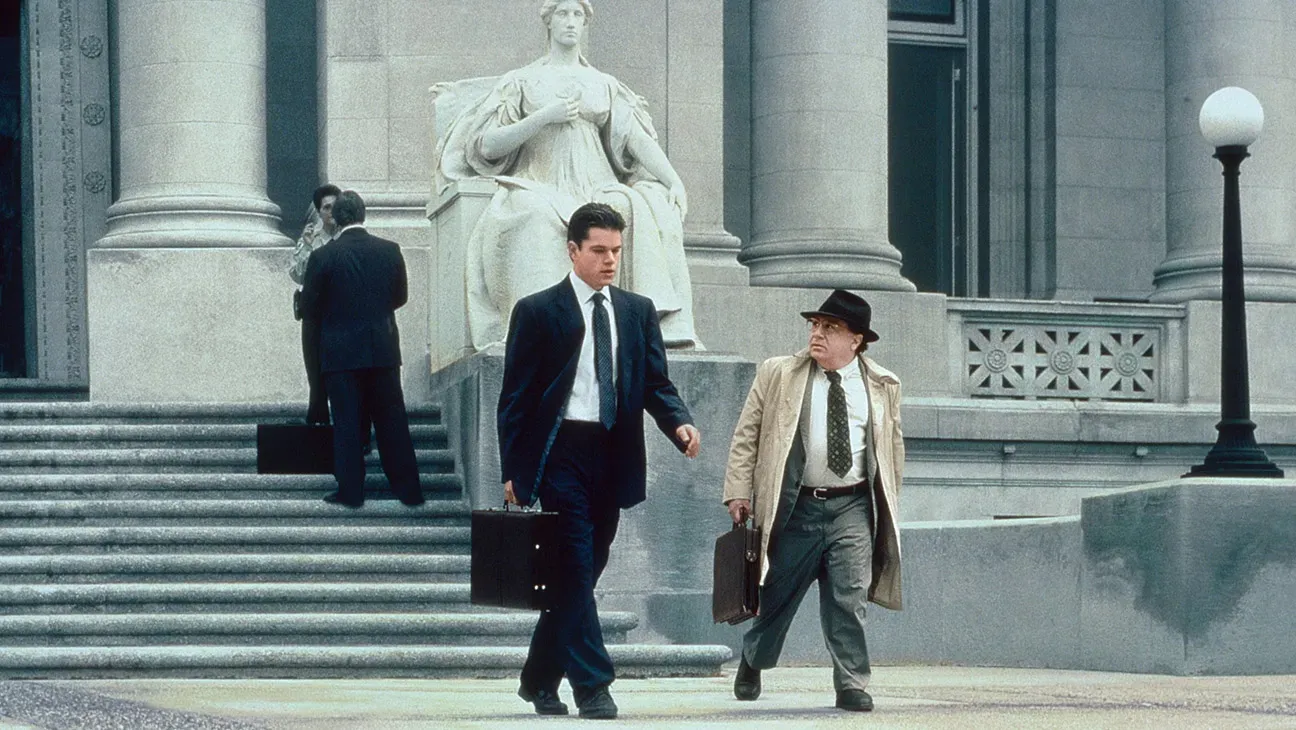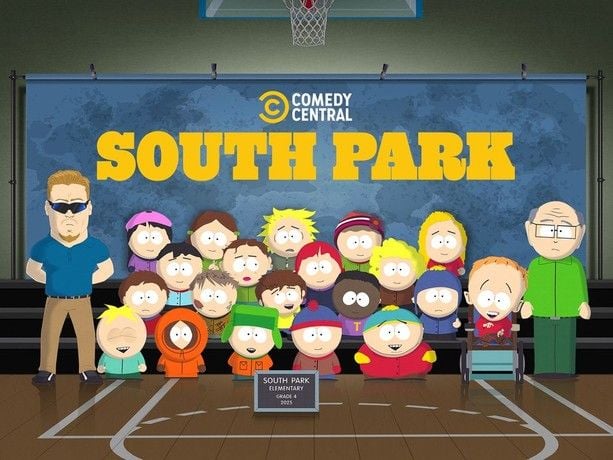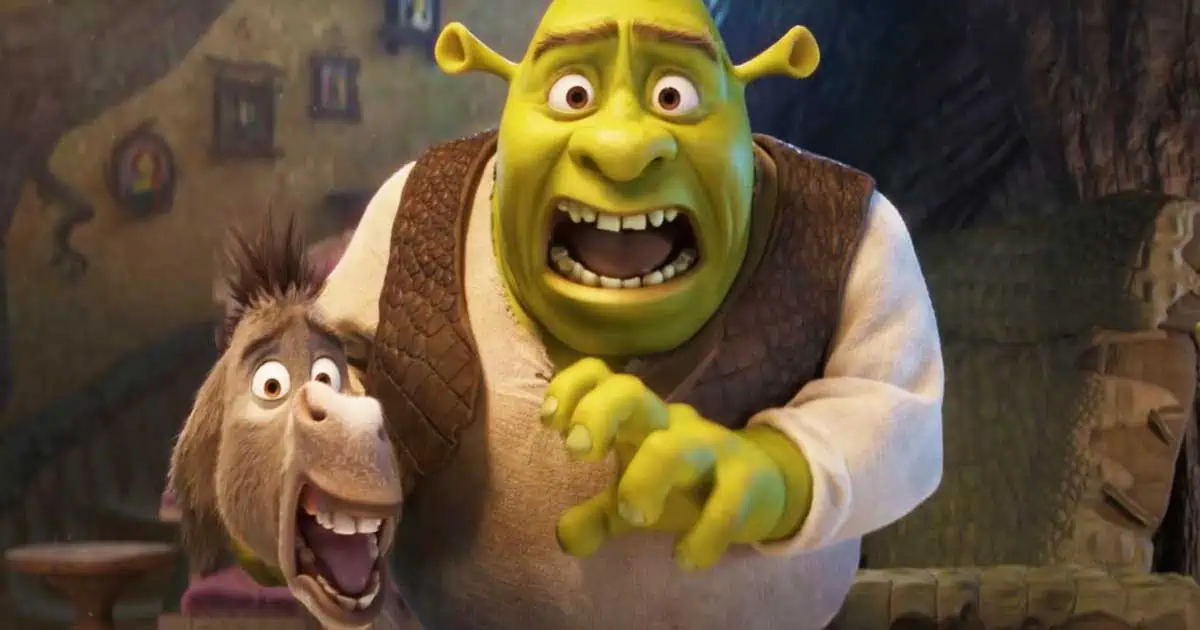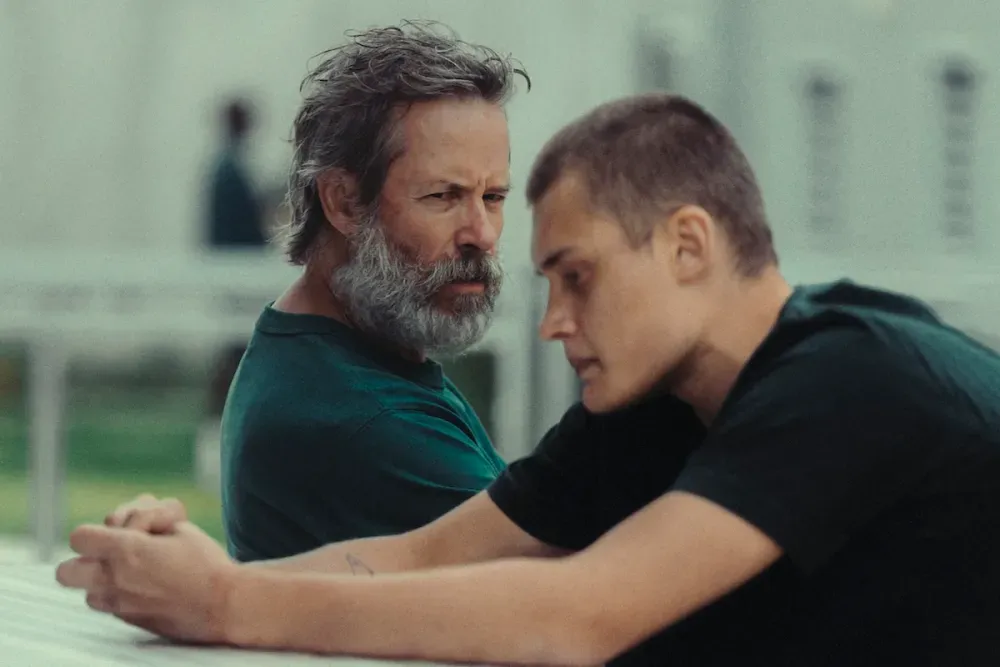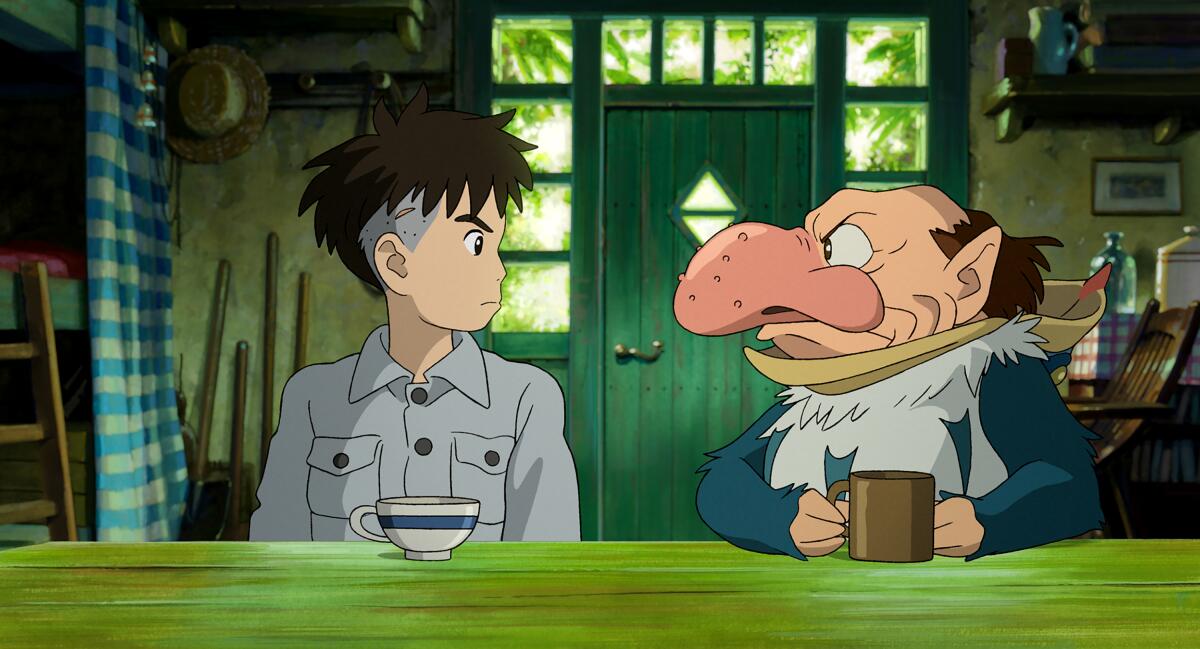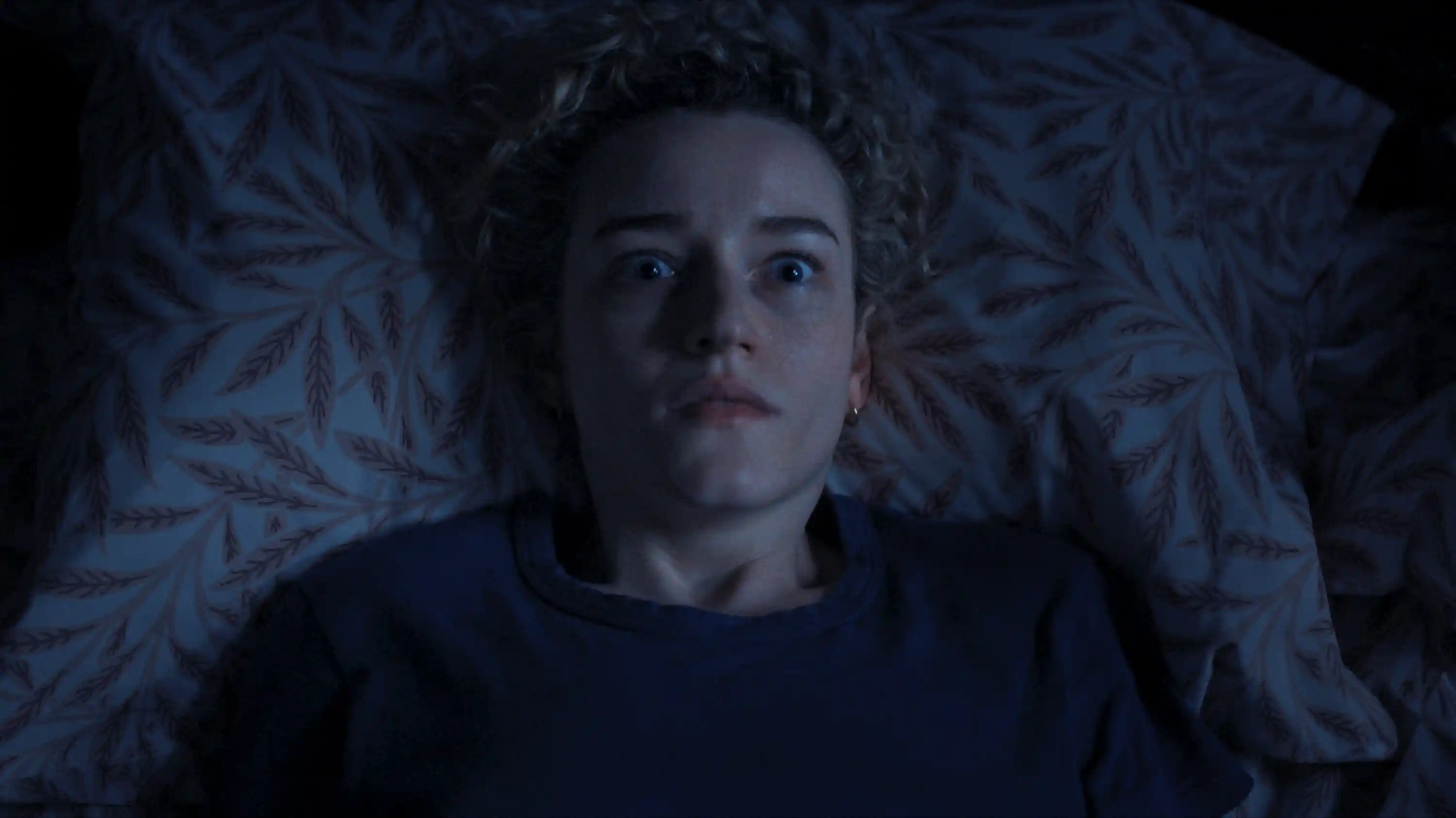
Masters of the Air (2024) - Series Review
- Feb 7, 2024
In a surprising turn of events, "Masters of the Air," the much-anticipated final piece of the war series trilogy produced by Steven Spielberg and Tom Hanks, disappoints with its storytelling and characterization. The series, directed by a talented list that includes Cary Joji Fukunaga, Dee Rees, Tim Van Patten, and the duo Anna Boden & Ryan Fleck, was expected to inspire, educate, and engage, just like its predecessors "Band of Brothers" and "The Pacific." Sadly, it falls short.
The uniqueness of the miniseries was meant to lay in its new perspective - experiences of World War II from the air. It introduces us to Major Gale "Buck" Cleven, Major John "Bucky" Egan, and Major Harry Crosby, all part of the ill-fated 100th bomber group, also known as the "Bloody Hundredth."
Interestingly, "Masters of the Air" draws heavily from two books - Donald L. Miller's Masters of the Air: America's Bomber Boys Who Fought the Air War Against Nazi Germany and Harry Crosby's A Wing and a Prayer. Audiences may have expected a rich cinematic adaptation of these real-life events, but instead, they face an unfortunate narrative gap that grows as Crosby's character moves from bomber to HQ away from his companions.
The gap widens even more with the visual effects. Authentic warplane props are hard to come by, and thus, the producers turned to a mix of digital transitions and physical props. Unfortunately, this results in scenes that verge on artificial, with the allure of reality remarkably absent.
But perhaps, the most disappointing aspect is the under-development of the characters. Despite Austin Butler's recurring role as Buck, we learn very little about his inner life or personal life. His co-stars Callum Turner and Anthony Boyle experience similar narrative fates, with the characters they portray appearing one-dimensional rather than authentic.

The series's inability to offer meaningful commentary or complexity to its characters makes it pale in comparison to its predecessors. Even the representation of supporting characters and local surroundings falls short, reducing them to mere props instead of deepening the narrative.
The series seems to follow the same blueprints as "Band of Brothers" and "The Pacific," but without the same psychological depth. It only manages to portray the war from the narrow perspective of American loss, without much nuance or introspection on the part of the characters.
Ironically, the series does offer a flicker of complexity when the Tuskegee Airmen, played by Ncuti Gatwa and Branden Cook, appear in an episode directed by Dee Rees. Their characters' struggles are genuine and compelling, making audiences wish the entire series had focused on their stories.
Despite its shortcomings, "Masters of the Air" isn't entirely a loss. Its depiction of wartime events provides some historical insights, complemented by detailed period costumes. However, given the high expectations, this average war drama might disappoint its audience.
The highly anticipated series will premiere on Apple TV+ on January 26th.


